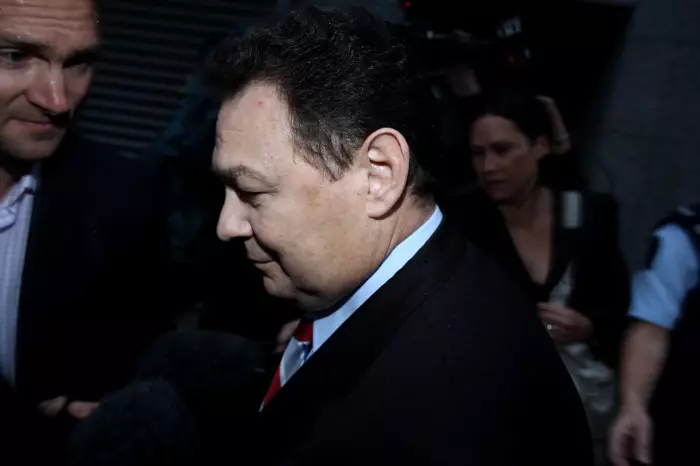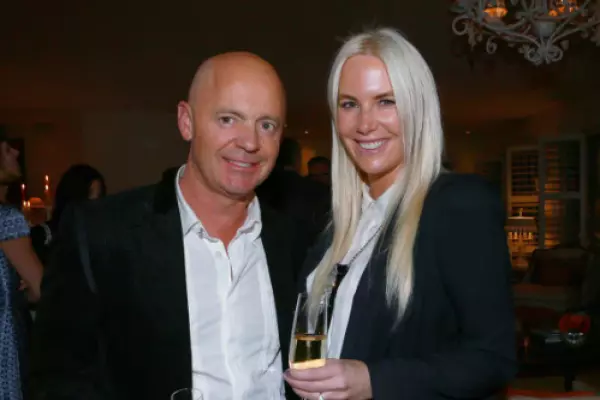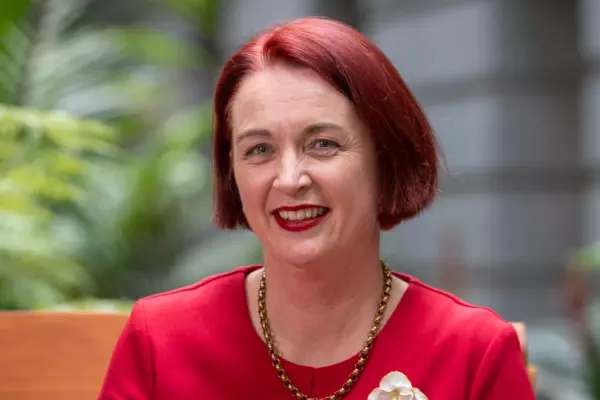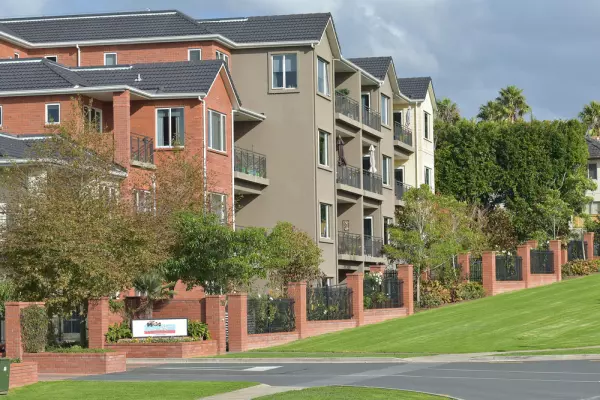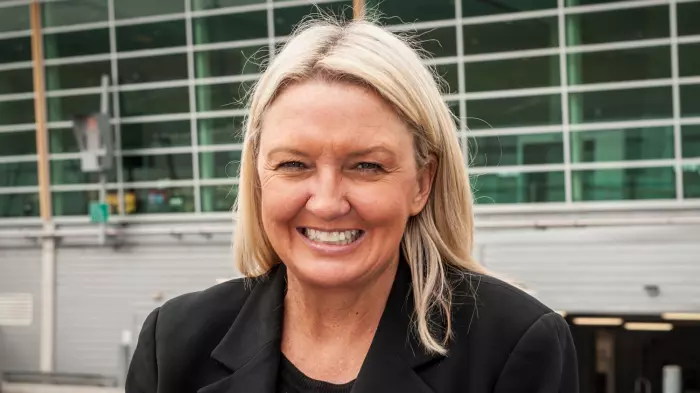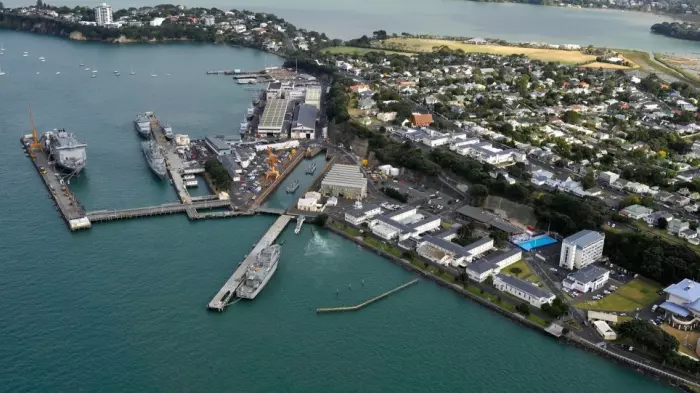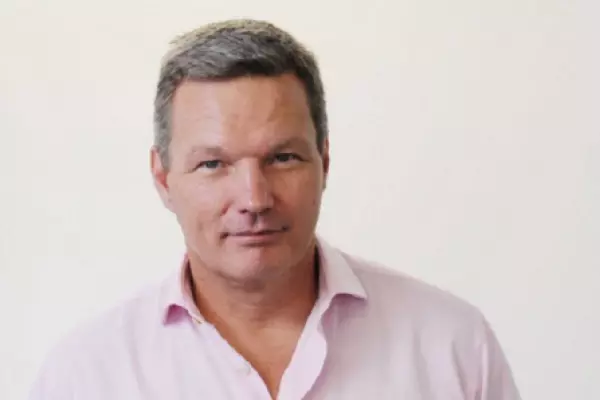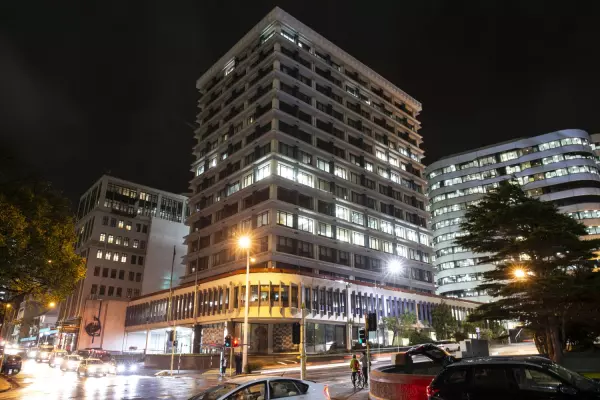“I want to get to a point that, if anybody gets asked about who owns, ultimately, this group of companies, that the Federals, the ATO, the such and such, can’t get to the f***** truth.”
That's what former Blue Chip principal Mark Bryers told Sydney construction boss George Alex in September 2019, referring to the Australian Federal Police and Australian Tax Office. And, unfortunately for Bryers, the cops were listening.
Those remarks are part of a 65-page police summary of facts which records Bryers' involvement in a tax syndicate the authorities allege ripped off Australian taxpayers to the tune of A$17.5 million. Bryers is accused of pocketing at least A$1.9 million for his part in the scheme, court documents reveal.
He and his co-accused, Lucas Connell, thought they could make A$5 million a year under a plan that involved forging company documents and liquidating companies to avoid scrutiny from authorities.
The statement of facts said Bryers’ initial role was to was “fix things,” although he later came up with a plan that he and his co-conspirators thought would avoid even more tax.
The alleged fraud syndicate is said to have been led by Alex, who was arrested alongside his 22-year-old son.
A dozen individuals have been arrested as part of Operation Bordelon, which commenced in December 2018, with others facing money laundering charges as well.
As part of the investigation, authorities had been lawfully intercepting Bryers’ phone calls since January 2019 and had surveillance devices on a luxury Surfers Paradise apartment owned by the syndicate where meetings were held.
How it worked
According to the police documents, the fraud involved creating payroll companies to act for large construction companies. Instead of paying the collected tax to the ATO, the money was routed to what is described as tier-two companies.
Bryers was among conspirators who recruited other people to be directors, office holders and shareholders of these entities, which sometimes involved backdating directorship documents filed with Australia Securities and Investments Commission.
The Australian authorities said the conspirators planned to liquidate the entities when they accumulated too much tax to avoid scrutiny from regulators, allowing the alleged fraud to continue.
In the statement of facts, Bryers is listed as one of seven individuals who collectively pocketed A$6.7 million as beneficiaries of the tax fraud. In total, his company, Strategic Capital Resources received A$1.9 million into its bank accounts.
The 62-year-old was recruited in early 2019 to “transition their syndicate structure into a new, more robust form of tax fraud,” police said.
Bryers later became responsible for developing a “franchisee approach” and adding a third tier of entities using directors controlled by members of the syndicate.
By July 2019, the syndicate had set up 10 companies, and Bryers and Connell believed their new system could generate A$5 million per year.
On October 2019, police recorded the below conversation between Bryers and Alex, the scheme's principal, which authorities said suggested another proposal for more tax avoidance.
“Before the others come in, I just need to talk to you, George. I need you to sit down and really listen to this. I have a cunning plan,” Bryers said.
“I love a cunning plan,” Alex responded.
“What if I said to you, I could make sure you’ve got no entitlements to pay, no PAYG, and no GST, until 1 January?” Bryers said, referring to Australia's equivalent to NZ's pay-as-you-earn (PAYE) income tax.
“That’s what I want. Sorry, that’s what we want.” Alex responded.
Notorious history
Former bankrupt Bryers is best known for the 2008 Blue Chip collapse that left 2,000 investors out of pocket by NZ$84 million. Blue Chip offered residential property investments without a prospectus in a weak regulatory environment. The law was subsequently changed, although the Supreme Court also ruled that the offer required a prospectus.
Bryers avoided a prison sentence in 2010 when he pleaded guilty to 34 charges relating to the company's mismanagement and improper accounting, receiving a fine of NZ$33,750 and 75 hours' community service.
He was discharged from bankruptcy in NZ in 2015 to let him take an active role in businesses across the Tasman, but is still banned from managing or directing an NZ company.
The businessman, who has been resident in Australia since 2006, now faces a maximum jail time of 25 years for breaching Australia’s criminal code for intentionally dealing with proceeds of crime, money or property worth more than A$1 million.


